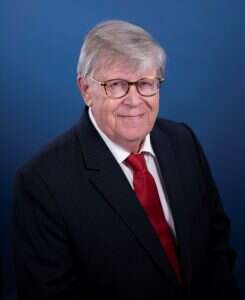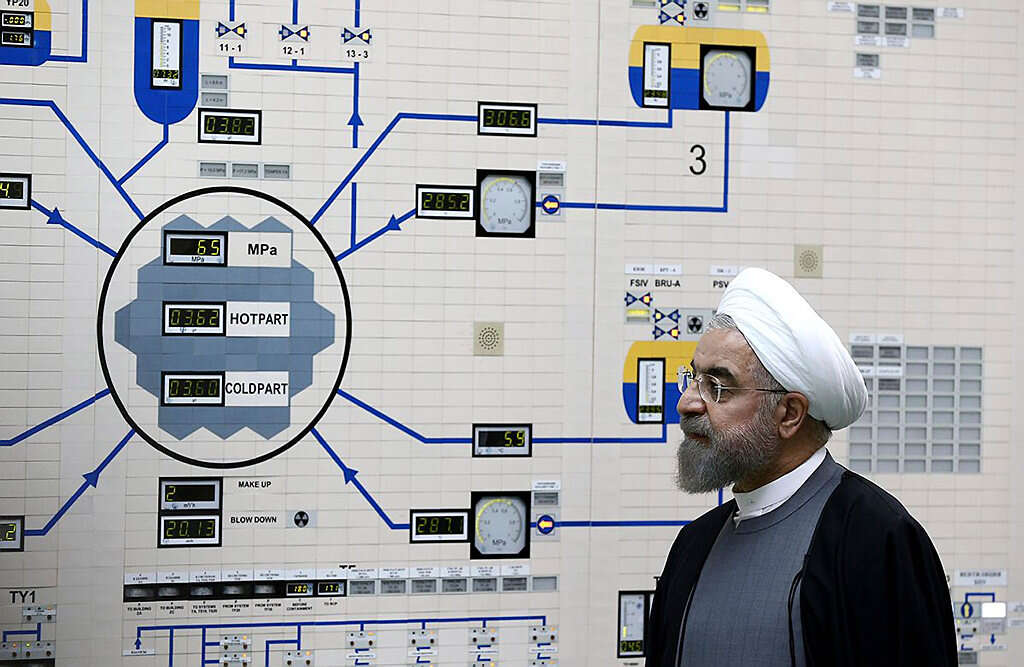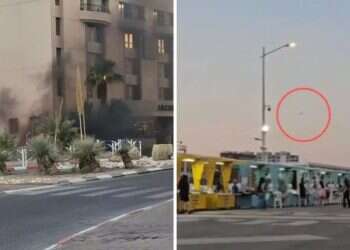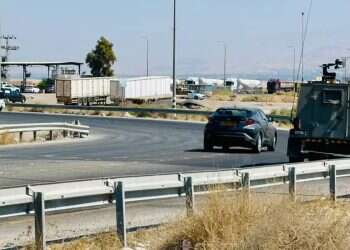EXCLUSIVE – An Israeli airstrike against Iranian nuclear facilities is technically feasible and can help Israel buy some time, but it cannot completely resolve the problem, Dr. Olli Heinonen, former deputy director-general at the International Atomic Energy Agency and a senior research fellow at the Stimson Center think tank, told Israel Hayom on Wednesday.
Follow Israel Hayom on Facebook and Twitter
Heinonen, 75, is intimately familiar with the Islamic republic's nuclear program. After all, he spent entire days in underground Iranian nuclear sites when the nuclear program was in its infancy, and later on after it had expanded and developed. He served in numerous capacities at the IAEA, climbing the ladder to become the organization's second most senior official, during which he was charged with monitoring nuclear programs across the globe.

The interview with him was conducted via Zoom. When he was asked how many times exactly he had visited Iran, he says: "Quite a lot, over 25 years. I was there for years, sometimes five or six times a year, but I never counted."
The time aspect is critical here because it helps us understand the scope of technological development the regime in Tehran has presided over and its sprint toward a nuclear bomb. Heinonen has monitored this process from the very beginning, in the 1980s, during the Iran-Iraq War.
"From the outset, I felt great discomfort over several aspects of the program," Heinonen, a Finnish national, admits. "I was at all the nuclear sites except for the one Fordo, but we had already known about it for a few years before my departure. We had good times and more difficult times, ups and downs," he says.
To illustrate the last sentence, Heinonen shares an anecdote from one visit to the Arak nuclear facility, an industrial heavy water complex in central Iran.
"We knew about Arak in 2002, and it was unordinary for several reasons," he says.
In another visit, he found himself asking the Iranians about 1,600 new centrifuges at the Natanz site, which were "brand new."
"But we've never used them!" one of the Iranian experts answered him – just one example of the confusing and often contradictory discourse between the Islamic republic and the West over the years.
"There were thousands of [centrifuges] in Natanz," Heinonen continued. "It just wasn't logical."
The interview with Heinonen took an interesting turn when he was asked about the possibility of an Israeli military strike in Iran, for the purpose of destroying its nuclear program.

"Technically, such an attack is feasible, even though several of the [nuclear] sites would be more difficult to attack than others," he explains. "But the entire matter starts with one thing: You need to know what you are bombing because if you don't know, you have a serious problem on your hands. It's easy to say, 'We need to bomb Natanz, Fordo.' Maybe there are other [uranium] enrichment sites. You need to know the status of these facilities. Are they still there? Are we familiar with them?"
According to Heinonen, "An airstrike can help buy time, but it doesn't eliminate the problem. It's important to bear in mind that Iran is not Syria or Iraq: It always has a backup plan. The Iranians don't put all their eggs in one basket, and I'm positive they have taken steps to ensure that parts of their nuclear program will continue functioning even in the case of an attack."
Heinonen chooses to conclude the interview with a piece of advice for the new administration in Washington, specifically for newly elected President Joe Biden, regarding a new nuclear deal with Iran. "Don't be hasty," says Heinonen. "Build a regional and international coalition."
Subscribe to Israel Hayom's daily newsletter and never miss our top stories!




